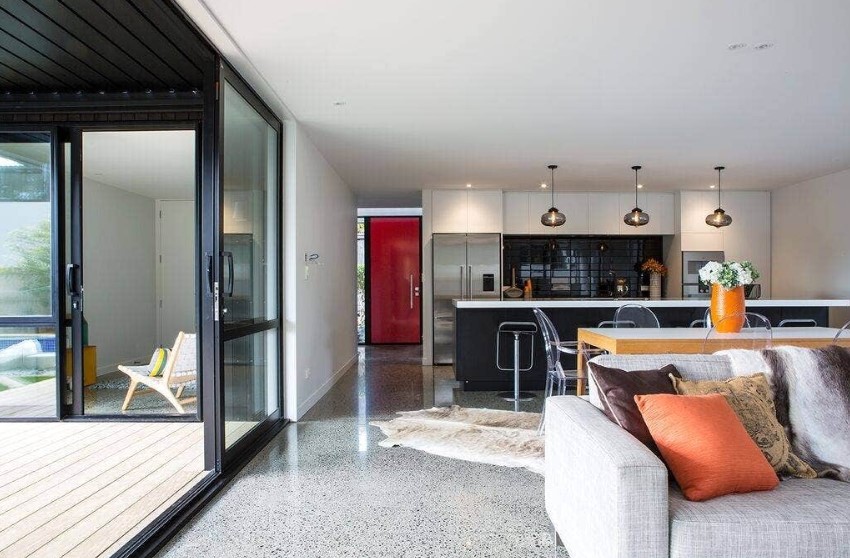
Small houses are big news – which is as it should be. We’ve always believed that, with clever design and build, ‘quality’ gives a better result than ‘quantity’ any day of the week.
One great debate that has been on the lips of professionals within the architecture industry for years now is the idea of small houses versus big houses, or rather, how much square footage should be afforded to houses to make them truly livable. Should they be large and spacious? Should they have only enough room to accommodate those living in it?
In architecture, some buildings leave a lasting impression. However, no matter how grand or small they may be, one thing that has been seen repeatedly in both famous structures is the presence of small houses in architecture. Even though these small houses can serve different purposes and are built with various uses, they still hold several advantages compared to larger buildings.
Cheaper
The primary advantage of small houses is that they are cheaper, and they generally cost less to construct than a larger home. Plus, smaller houses are usually easier to heat and cool, meaning the utility bills won’t be as high. Of course, there are some disadvantages to living in a smaller space: for example, many people like having a lot of closet space or having more than one bathroom. It’s important to consider your needs before deciding on a small house.
Built-in Storage
One of the main benefits of smaller homes is the number of built-in storage spaces you can utilize. This can lead to a more open floor plan, making it easier to move around, find what you need and create the desired flow. You can build built-in storage to store things like books, tools, or furniture and you will not have to spend your money on extra storage space. With less square footage, there’s less need to clear out every nook and cranny to make room for your stuff.
Efficiency
This is a major advantage when it comes to living in a smaller space. Houses with smaller square footage have more functional spaces than their larger counterparts. Although smaller homes may not work for most large families, it is more economical and efficient. If your family needs extra room for hobbies such as crafts, you can always build multi-function rooms to meet your needs.
The idea of “The bigger the better” is not always true. Sometimes, smaller houses can offer more benefits than their larger counterparts. Residential architects believe that larger homes are more desirable than smaller ones. Smaller houses are cheaper to construct and easier to maintain. Compared to bigger houses, they often involve a more complex design, more space, higher prices, and different materials needed for the structure, such as steel or concrete.
